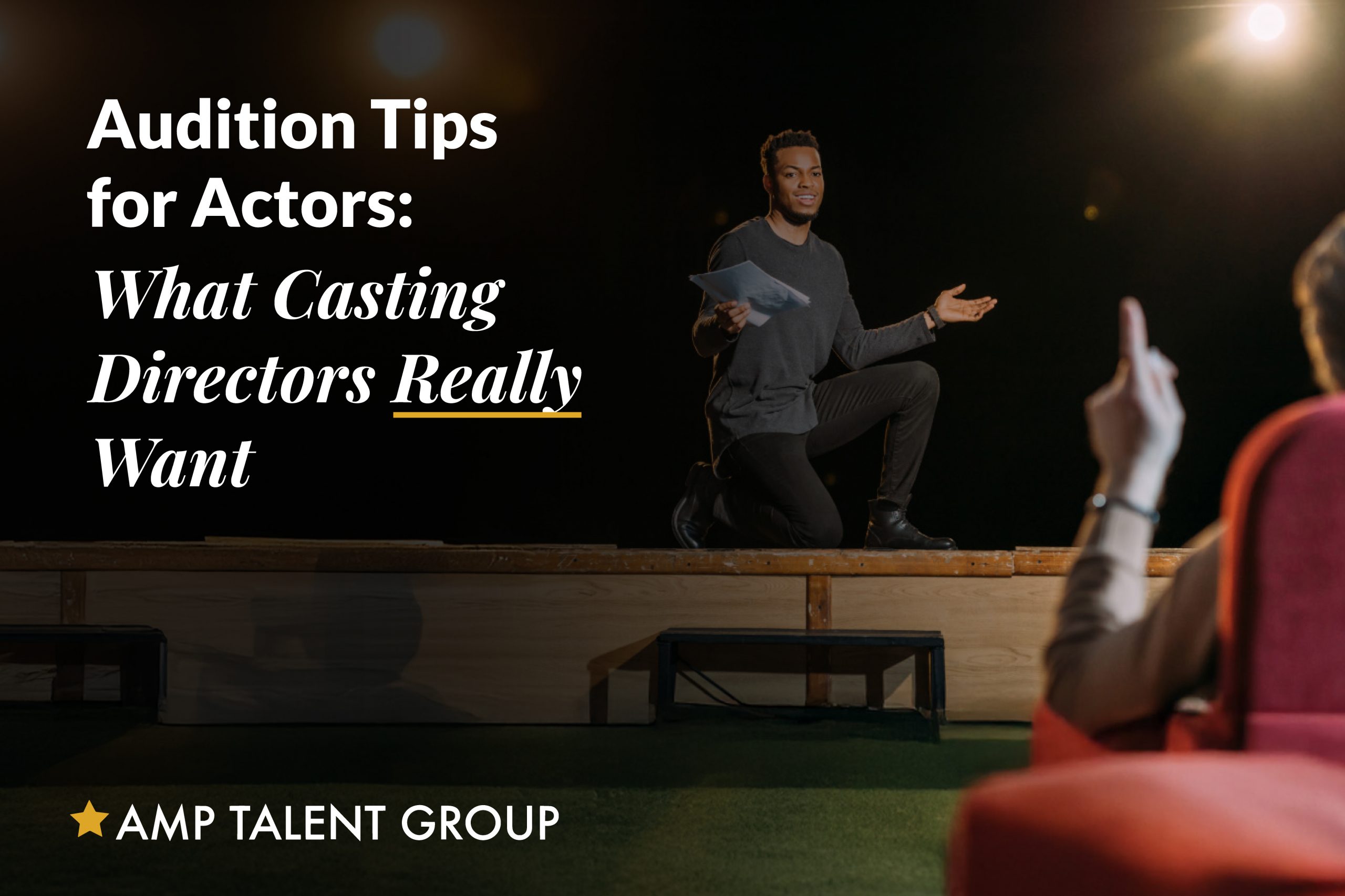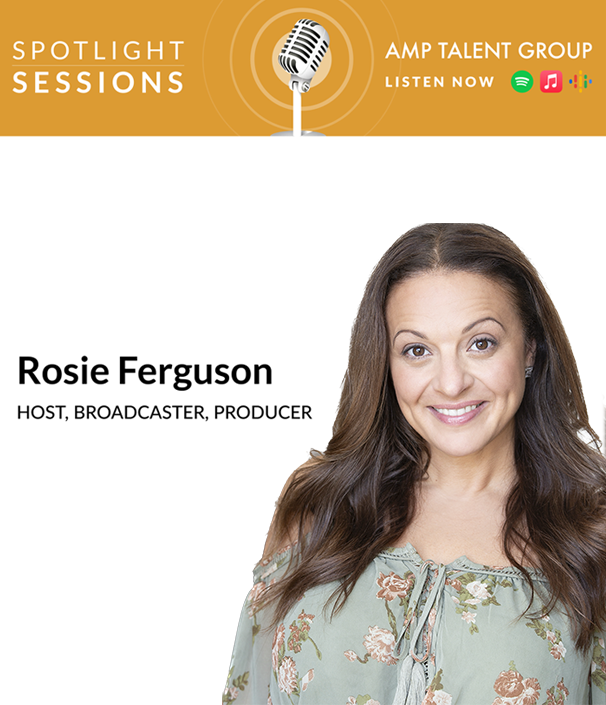Audition Tips for Actors : What Casting Directors Want

The Audition Room Isn’t a Gamble—It’s a Craft
Elena had been acting since she was twelve. Her resume had grown steadily—local theatre, student films, and a few commercials—but each audition still felt like a roll of the dice. She never knew what to expect. Sometimes she got a callback. Other times, silence.
Eventually, she began to wonder what many actors quietly ask themselves: What do casting directors actually want?
The truth is, auditions are rarely just about talent. They’re about truth, readiness, and presence. While you can’t control everything—like whether you match the lead actor’s height or the director’s visual concept—you can control how you prepare, perform, and connect. And that’s where the most powerful audition tips for actors come in.
What Casting Directors Are Really Looking For
Many actors assume that casting directors are focused purely on performance quality. But they’re actually assessing something much more nuanced—authenticity. Can you live the moment truthfully? Do your choices feel emotionally grounded rather than rehearsed?
First and foremost, they want to see if you can act. That sounds obvious, but it’s about more than delivering lines. They’re looking for depth—your understanding of the character’s motivation, emotional shifts, and the honesty behind your expressions.
Next, they’re assessing fit. Not every actor suits every role, and that’s not a reflection of talent. Sometimes it comes down to age, height, energy, or even your voice tone. You can’t change these things in the room, but you can control how confidently and professionally you present yourself.
And finally, they want to know: Will you be easy to work with? One of the most overlooked audition tips for actors is this—your attitude speaks volumes. Walk in with humility and openness, and casting directors will remember your presence even if you’re not cast right away.
Treat the Audition Like It’s the Job
Elena’s turning point came when she stopped “trying to win” auditions and started treating them like the job itself. It’s easy to hold back in the audition room, saving your best for when you actually get booked. But casting directors want to see the finished product now, not the potential for it later.
That doesn’t mean you should overact—it means you need to show up fully committed to the moment. One of the most important audition tips for actors is to make clear, intentional choices. What does your character want in the scene? What’s getting in their way? Your job is to bring those stakes to life.
If you’re doing a self-tape, stay conscious of your frame. Avoid fidgeting or drifting out of shot. Keep your background clean, your lighting clear, and let your expressions lead the emotion. The camera will do the rest.
And don’t rush through your slate. Many actors ask, Is the slate really that important?—and the answer is yes. Your slate is your first impression. Elena began using it to show her personality—not in a forced way, but with grounded presence—and it helped her stand out before the audition even began.
Preparation Isn’t Just About Talent—It’s About Systems
One of the most common struggles for actors is time. You won’t always have days to prepare. Sometimes you’ll get your script just 24 hours in advance. That’s why you need a process, not just hope.
For memorization, try breaking the script into emotional beats instead of memorizing word for word. Understand what shifts in the scene and let your delivery follow that arc. Movement also helps—walking while you rehearse mimics performance energy and improves retention.
Another frequent question actors ask is: How do I connect with a character in just a short scene? The answer lies in building a quick emotional blueprint. Identify your character’s objective, then give them a backstory—even if it’s just a sentence or two in your mind. That subtle backstory can add powerful depth to your choices.
Elena started asking herself: What makes this person human? Vulnerability, desire, fear, hope—these core emotions should drive your choices, even in the most compact audition scenes. That’s how you stop acting and start being.
Managing Audition Nerves: From Chaos to Confidence
Elena used to shake before every audition. Her hands trembled, her voice cracked, and she’d forget lines she’d rehearsed a dozen times. Nerves are a universal challenge, and one of the most searched-for audition tips for actors is: How do I calm myself before an audition?
The answer starts with your breath. Box breathing—a technique where you inhale for four counts, hold for four, exhale for four, then hold again for four—has been proven to reduce anxiety and regulate your nervous system. Do this for a few minutes before entering the room or hitting record on a self-tape.
Developing a pre-audition ritual also helps. Whether it’s playing a specific song, reciting a mantra, or visualizing the scene’s outcome, a ritual signals your body that you’re entering performance mode. The repetition builds confidence over time.
Most importantly, shift your mindset. Stop asking “Will they like me?” and start asking “How can I tell this story truthfully today?” When you make storytelling the focus instead of judgment, your nervous energy transforms into purpose.
Casting directors understand nerves. What matters is your ability to show up fully despite them.
What to Do After the Audition
Once the audition is over, it’s tempting to replay every second in your head. But one of the healthiest audition tips for actors is to let go. You did your job—now it’s time to move forward.
Actors often wonder, Should I follow up after an audition? The answer is: yes, if it’s appropriate—especially after a callback or a meaningful interaction. A short, professional thank-you note can reinforce your professionalism and make you more memorable. But it should never feel pushy or expectant.
Another great habit is keeping an audition journal. Write down what went well, what you’d adjust next time, and how the experience felt. Over time, this builds self-awareness and allows you to track your progress—not just in roles booked, but in personal growth.
And remember: Not getting the role doesn’t mean you weren’t good. Casting is like solving a puzzle, and sometimes your piece simply doesn’t fit—for now. But casting directors often keep strong performers in mind for future roles. Your performance today could lead to a job tomorrow.
Why These Audition Tips for Actors Make a Lasting Difference
Elena’s journey didn’t transform in a single audition. It shifted gradually. Each experience taught her something new—about preparation, presence, mindset, and resilience. And eventually, she landed a recurring television role. Not because she was the loudest or flashiest in the room, but because she was grounded, consistent, and real.
Auditioning is an art of its own. One that improves with intention, reflection, and compassion. You can’t control every outcome—but you can control your preparation, your energy, and the way you leave people feeling in the room.
That’s what casting directors remember. That’s what builds careers.
Ready to Elevate Your Acting Career?
At AMP Talent Group, we help actors like you navigate the audition process with professionalism, confidence, and strategy. From helping you master self-tapes to preparing for live callbacks and connecting with the right casting rooms, our team is here to support every step of your journey.
Visit our Services page to see how we can support your growth and learn more about our dedicated team on the Our Team page. For tailor-made solutions, head over to our Get a Quote page or Book a Consultation for personalized guidance on maximizing your earning potential in this dynamic market. If you’re ready to amplify your brand’s presence now, reach out directly through our Contact Us page.
You may like it Personal Branding For Actors, How Actors can build a Personal Brand?
Join AMP Talent Group today, and let us help you secure the premium acting roles you’ve been dreaming of.












